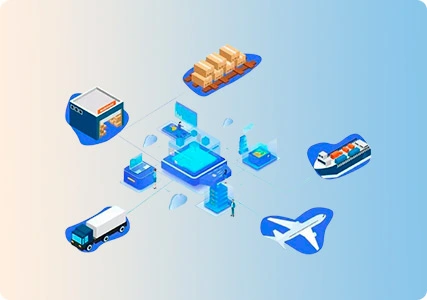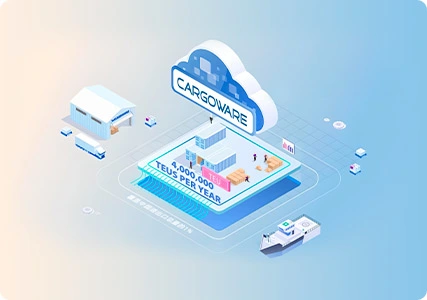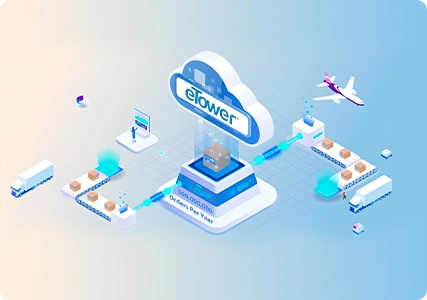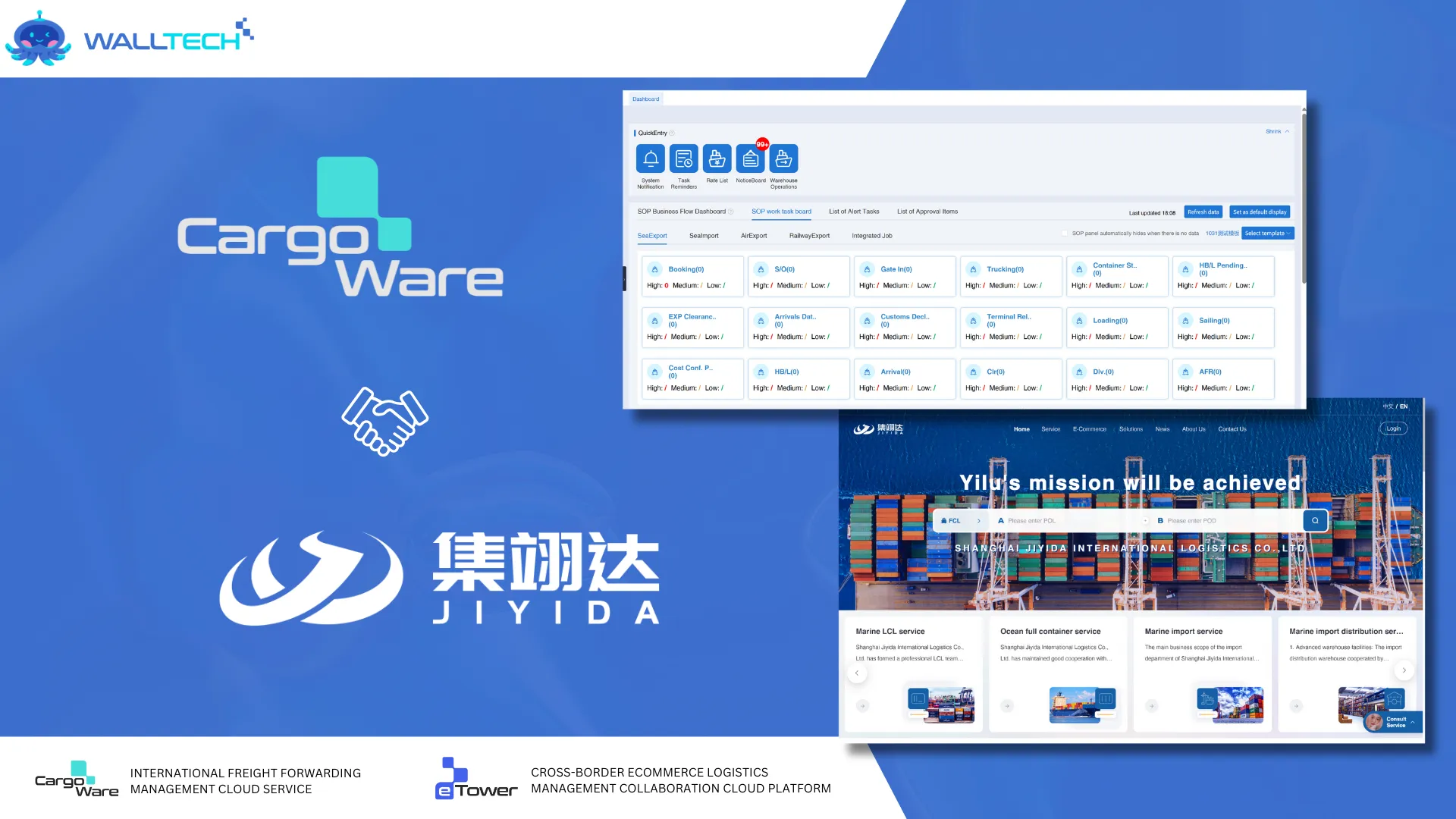Known as a massive chain network, logistics is a detailed organization responsible for carrying out various delivery and shipment-related operations. Whenever you purchase a product from an online store, logistics is responsible for handling your goods and making sure you get the right product. What follows is an introduction to the different types of logistics such as 1PL 2PL 3PL 4PL 5PL and how they are unique in their own way.
1PL - First-Party Logistics
First-party logistics refers to enterprises or individuals that handle their logistics business internally. They are specific consignors of different goods and products and organize the transportation of products to their respective destinations without the involvement of other middlemen throughout the process.
For example, farms that use their own vehicles to deliver products directly to the market.
2PL - Second-Party Logistics
Second party logistics providers are responsible for the transportation aspect of logistics management. One of the main advantages of using a second party logistics provider is that the company does not have to own its own mode of transportation. Airlines, shipping and transport companies are all examples of second party logistics providers.
For example, farms may employ 2PL to transport their vegetables, grains, or eggs from the farm to the supermarket.
3PL - Third-Party Logistics
Third party logistics services are probably the most common forms of logistics management. A third party logistics company may be responsible for all or some aspects of distribution, warehousing, and fulfillment services. Freight forwarders and express delivery companies are examples of third-party logistics providers.
For example, farms may employ 3PLs to provide services such as transportation, warehousing, picking, and packing.
4PL - Fourth-Party Logistics
Fourth Party Logistics is a new concept coming to market that involves employing a manager to manage a company's entire supply chain. Typically, Fourth Party Logistics will cooperate with other 3PLs to manage some logistics or logistics services. Amazon is an example of a fourth party logistics provider. As a centralized link with customers, 4PL has overall responsibility for logistics performance and the ability to influence the entire supply chain, not just individual elements.
For example, 4PL can monitor and supervise the service quality of 3PL through the monitoring system and provide high-quality strategic opinions to enable agricultural products to be delivered to customers quickly, efficiently, and transparently.
5PL - Fifth-Party Logistics
The fifth party logistics provider works closely with the company's internal departments and is responsible for understanding, planning, executing and managing the overall logistics solution. 5PLs will also be responsible for managing multiple 3PLs and 4PLs on behalf of the customer.
For example, Company A, based in the United Kingdom, offers a wide variety of products worldwide. The 5PL they choose may employ a company in Singapore (3PL) to handle their logistics in Southeast Asia while engaging other companies (4PL) to manage the logistics of specific products.
eTower, an integrated logistics management system, mainly serves cross-border e-commerce enterprises with 3PL/4PL and supply chain management needs. Through integration, each division of labor in the cross-border logistics chain can easily share data and work together efficiently and conveniently. Come and choose eTower!









